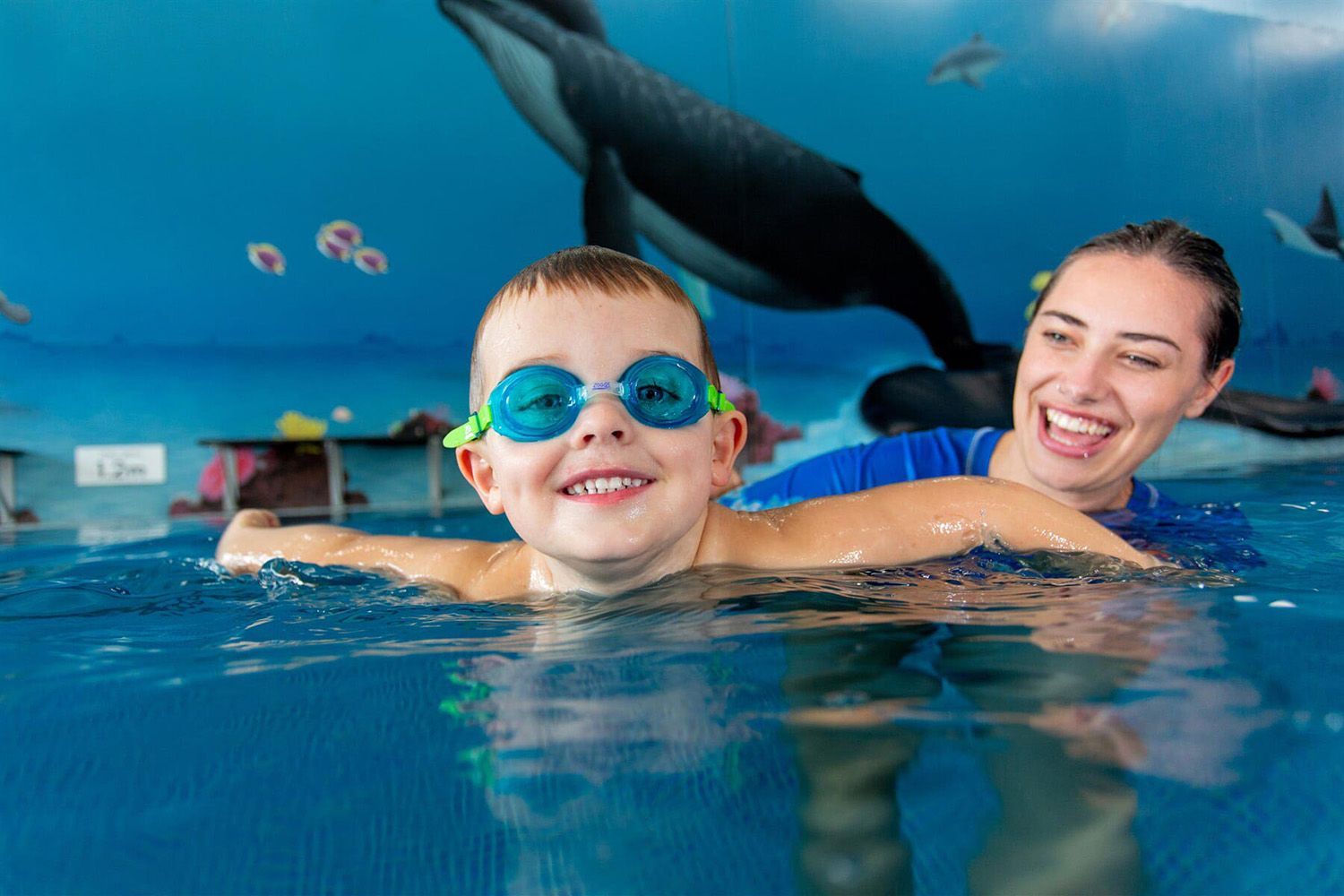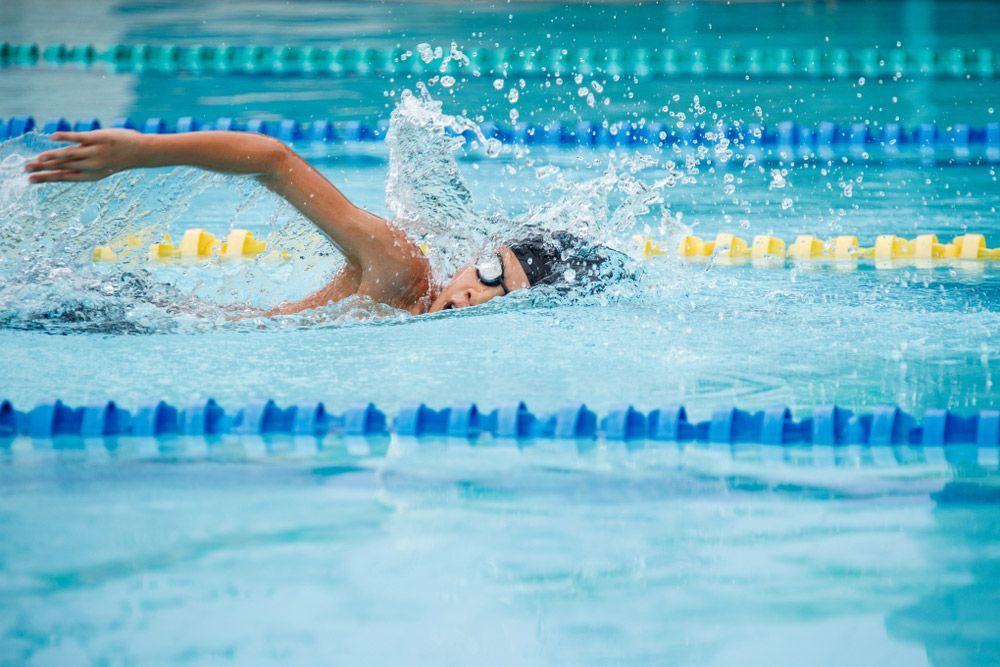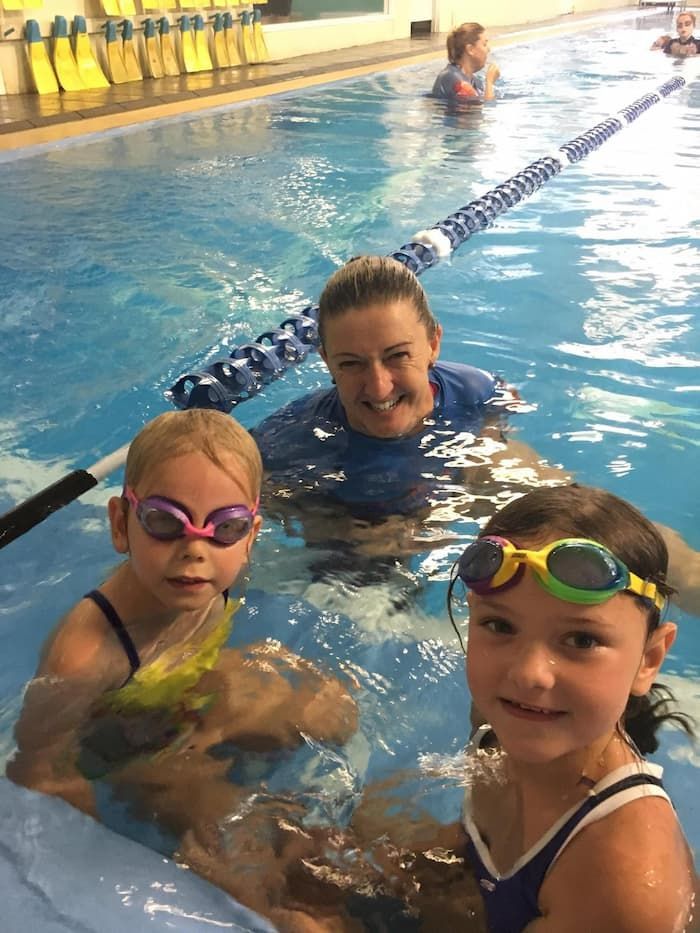Top 8 Qualities To Look For In A Great Swim School
Learning to swim is more than a recreational milestone — it's a critical life skill. Whether you're enrolling a toddler in their first class or looking to improve your own technique, choosing the right swim school makes all the difference. In a region where water activities are part of everyday life, selecting a school that prioritising safety, skill development, and student wellbeing is essential.
A great swim school doesn’t just teach strokes — it builds confidence, nurtures lifelong respect for water, and creates a fun learning environment for swimmers of all ages. But how do you recognise a school that ticks all the right boxes? From qualified instructors to flexible class structures, here's what to look for when seeking swimming lessons.
1. Qualified Instructors Who Understand All Age Groups
The backbone of any successful swim program is its instructors. You want teachers who are more than just good swimmers — they need formal training in swimming education, first aid, and child development.
Instructors should also demonstrate an ability to connect with children and adults, using age-appropriate teaching methods and adapting to each student's pace. Their ability to create a safe, respectful learning environment can shape a swimmer's long-term attitude towards water.
Look for swim instructors who:
- Hold nationally recognised swimming and water safety qualifications
- Are trained in CPR and basic first aid
- Have experience teaching across different age brackets
- Display patience, encouragement, and adaptability in their teaching style
2. Structured Programs That Foster Progressive Learning
A clear, step-by-step program ensures each swimmer builds confidence before moving on to more advanced skills. This structured approach promotes long-term progress rather than quick fixes.
Good swim schools will have a curriculum that breaks down swim development into logical stages — often from water familiarisation to stroke correction and endurance training. These programs allow students to grow steadily while tracking measurable improvements.
Key program elements include:
- A skill-based progression system with defined learning outcomes
- Regular assessments to ensure readiness for the next level
- Age-appropriate class groupings
- Opportunities for advancement into
squad-level training or competitive swimming
3. Emphasis on Water Safety & Survival Skills
Learning to swim isn’t only about freestyle or backstroke. A reputable swim school teaches water awareness and survival techniques, especially for younger children who may not yet be confident swimmers.
This focus on safety empowers swimmers with the skills needed to stay calm in unexpected water situations, both in pools and natural environments.
Core survival skills often include:
- Floating and treading water techniques
- Safe entry and exit methods
- Recognising water hazards
- Basic rescue concepts appropriate to age
4. Clean, Well-Maintained Facilities with Safe Equipment
The pool's condition and surroundings strongly indicate how seriously a swim school takes health and safety. Clean, well-lit spaces help prevent illness, discomfort, and injury — especially for young children who are more sensitive to water quality.
A safe and inviting environment also creates a better learning experience by reducing distractions and allowing swimmers to focus on developing skills.
Look for facilities that include:
- Regularly tested the water for correct pH and chlorine levels
- Non-slip poolside surfaces
- Clearly marked depth indicators and safety signage
- Easily accessible change rooms and first aid kits
5. Positive, Supportive Learning Environments
Swimming can be initially daunting, particularly for younger children or those with past water-related anxieties. A great swim school understands this and fosters a warm, encouraging atmosphere where students feel comfortable.
Small class sizes, attentive instructors and peer encouragement all help create a setting where learners thrive. It’s about more than technique — feeling safe, supported and capable.
An ideal environment promotes:
- Friendly interactions between instructors and students
- Age-appropriate fun and games that support learning
- Gentle encouragement to overcome fear
- Recognition of effort, not just outcomes
6. Strong Communication Between School & Families
Learning happens best when families are kept informed and involved. Clear communication ensures parents understand what their child is working on, how they progress, and what areas may need attention.
A school with strong customer service values will respond quickly to queries, rescheduling needs, or concerns. This transparency builds trust and lets families feel confident about their swim school choice.
Effective communication might include:
- Progress reports or feedback after each level
- Updates via newsletters or noticeboards
- Accessible staff who respond to emails and calls
- Clear policies around cancellations, make-up lessons and holidays
7. Flexibility in Scheduling & Class Options
Families today juggle plenty of commitments, so a swim school that offers a range of class times, age brackets, and make-up options can make participation easier and more consistent.
Flexibility also allows swimmers to move between different levels or streams, such as private sessions or adult learn-to-swim classes, depending on their progress and needs.
Here’s what to consider when evaluating scheduling:
| Feature | Benefit |
|---|---|
| Multiple weekly class options | Helps accommodate work or school commitments |
| Age-specific groupings | Keeps classes developmentally appropriate |
| Make-up lesson availability | Reduces stress if a session is missed |
| Options for private classes | Supports swimmers who need individualised attention |
8. Community Engagement & Child-Friendly Values
A great swim school often reflects broader values like inclusion, community support, and the emotional well-being of its students. When a school participates in local initiatives or fosters a welcoming atmosphere for all learners, it signals a commitment beyond the pool.
This type of engagement shows that the school cares not just about technique, but about shaping positive experiences that stay with children for life.
Signs of strong community and child-focused values:
- Participation in school partnerships or water safety programs
- Inclusive programs for learners with additional needs
- Events like swim carnivals or family swim days
- Emphasis on emotional support, encouragement, and fun
Ready to Book Swimming Lessons in Coffs Harbour?
At SwimCare Swim School, we offer good swimming lessons in Coffs Harbour designed to build skills, confidence and water safety across all age groups. Our qualified instructors and structured programs provide a supportive environment where learners feel safe and empowered. Whether you're looking for a toddler’s first splash or adult stroke correction, we’re here to help.
Let’s make swimming a safe and enjoyable part of your lifestyle — one stroke at a time.







